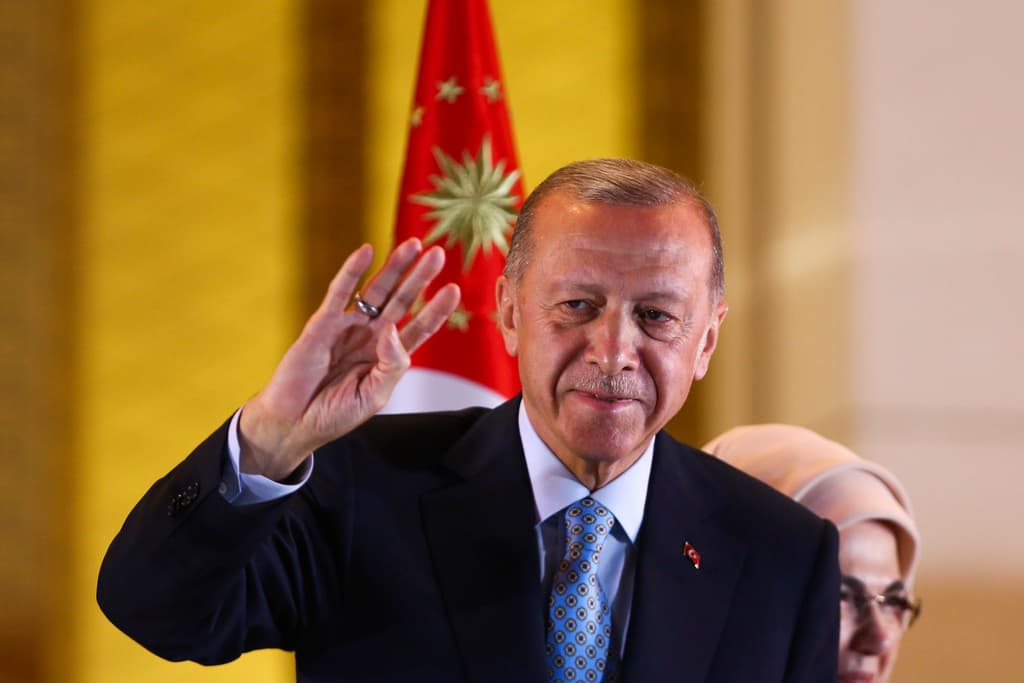Turkey, a Member of NATO, Rolls Out Red Carpet for Hamas, Raising Several Red Flags
President Erdogan’s outreach to the terrorist organization undercuts Turkey’s credibility while empowering Israel’s foes.

As President George W. Bush famously said more than two decades ago, “Either you are with us, or you are with the terrorists.” Over the weekend, President Erdogan was not only with the terrorists, he gave one one of them a big bear hug.
Please check your email.
A verification code has been sent to
Didn't get a code? Click to resend.
To continue reading, please select:
Enter your email to read for FREE
Get 1 FREE article
Join the Sun for a PENNY A DAY
$0.01/day for 60 days
Cancel anytime
100% ad free experience
Unlimited article and commenting access
Full annual dues ($120) billed after 60 days

